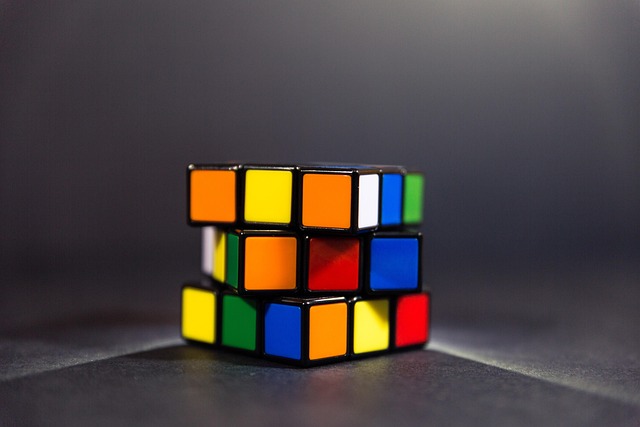
Mastering Conflict Resolution: How to Improve Your Problem-Solving Skills in Relationships
Mastering Conflict Resolution: How to Improve Your Problem-Solving Skills in Relationships
Conflict is an inevitable part of any relationship; it’s a natural aspect of human interaction. However, the way we handle conflict can make a significant difference between a healthy relationship and a fractious one. This is where honing problem-solving skills becomes essential. Improving these skills not only benefits individual relationships but also fosters a sense of connection, understanding, and respect between partners.
When faced with a dispute, emotions can run high. In such moments, it’s crucial to step back, take a deep breath, and assess the situation rather than reacting impulsively. One effective approach is to practice active listening. This means truly hearing what your partner is saying without interrupting or immediately defending your perspective. By doing so, you demonstrate that you value their feelings, which can set a positive tone for the discussion.
Additionally, it’s vital to focus on the issue at hand rather than resorting to blame or bringing up past grievances. A common trap in conflicts is to allow past wounds to resurface, making the problem seem bigger than it is. Establishing ground rules for discussion can help keep the conversation constructive. Agreeing to talk without name-calling or raising past issues helps maintain respect and keeps both partners focused on resolving the current conflict.
Another important problem-solving skill is to approach the issue collaboratively rather than competitively. This means viewing your partner as an ally rather than an adversary. Instead of striving to win” the argument, work together to find a solution that satisfies both parties. This not only strengthens the relationship but also teaches both partners the value of compromise and cooperation.
Furthermore, it can be beneficial to take a timeout if emotions become overwhelming. Stepping away allows both individuals to cool off and gather their thoughts. Returning to the conversation with a clearer mind often leads to more productive outcomes. Remember, it’s perfectly fine to pause and return to the discussion when both parties feel ready.
As you navigate conflicts, keeping a solution-oriented mindset is crucial. Focus on what can be changed moving forward rather than dwelling incessantly on what’s already happened. For example, if one partner feels neglected, instead of discussing past times that led to that feeling, explore proactive steps to foster more quality time together in the future.
Lastly, don’t hesitate to seek external support when necessary. Couples counseling or workshops focused on communication and conflict resolution can equip partners with valuable tools. Professional guidance can offer new perspectives and strategies that you might not have considered on your own. Remember, enhancing your problem-solving skills is a journey, and seeking help is a sign of strength, not weakness.
Mastering conflict resolution within relationships takes time, patience, and effort. As you consciously work towards improving your problem-solving skills, you’ll likely find that not only do conflicts become easier to manage, but your relationship grows stronger as a result. Embrace these challenges as opportunities for growth, for both you and your partner.


